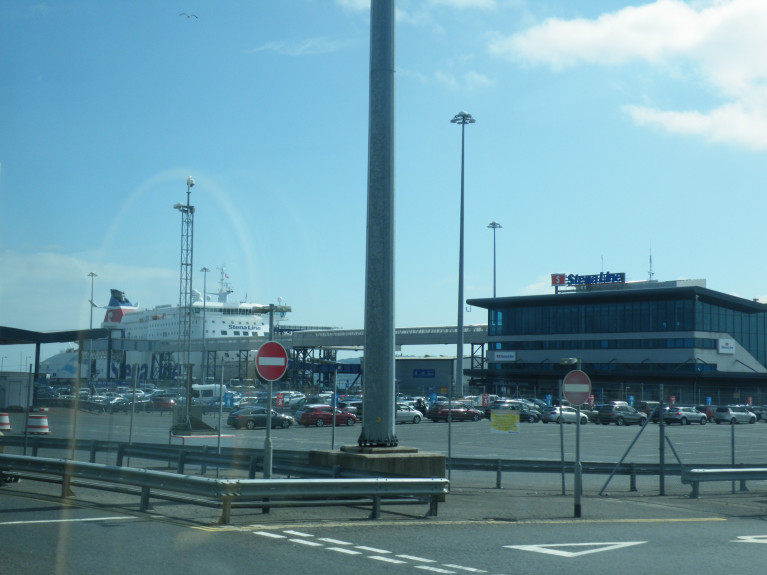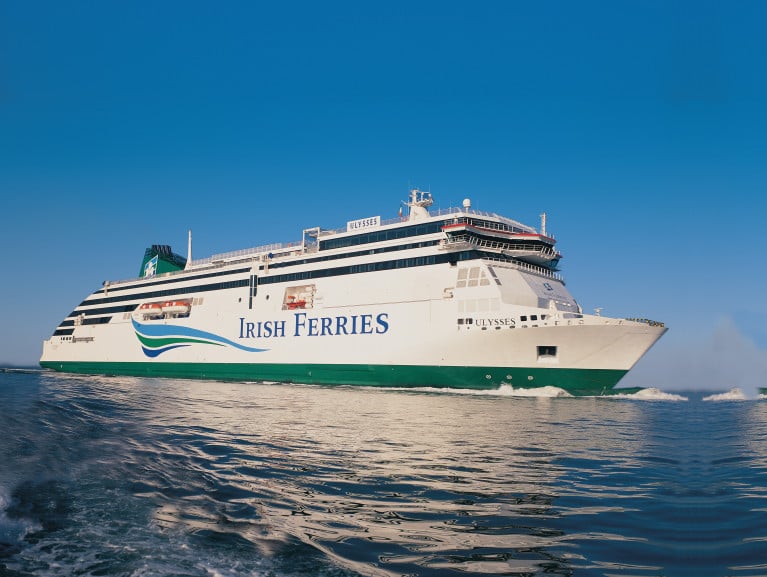Displaying items by tag: Travel Restrictions
Ministers in Stormont, BBC News writes, have been urged to change guidance for travel after restrictions were relaxed in England.
Twelve international destinations are on a green travel list for people in England, meaning anyone returning will not need to quarantine from 17 May.
Belfast International Airport's managing director Graham Keddie said as a first step, leisure travel should be allowed in the UK and Ireland.
The current guidance says people should only travel for essential reasons.
Those include work. accessing education or health services and fulfilling caring responsibilities.
'Low virus levels'
Mr Keddie said the "incredible success" of the vaccination program meant the time was right to look at travel within Britain and Ireland, known as the Common Travel Area (CTA).
That has been echoed by the two main Irish Sea ferry operators, Irish Ferries and Stena Line.
Currently people arriving into Republic of Ireland from England, Scotland or Wales must show evidence of a negative PCR (polymerase chain reaction) test conducted within 72 hours prior to departure.
They must also comply with mandatory quarantine requirements for two weeks or until they get written confirmation of a negative PCR test result taken no fewer than five days after their arrival.
More here on this story.
Irish Ferries, owned by the Irish Continental Group, has reported lower revenues and earnings for 2020 due to Covid-19 travel restrictions on its passenger business.
Irish Continental Group said its revenues for the year fell by 22.5% to €277.1m from €357.4m in 2019, while EBITDA slumped 51.5% to €42.1m from €86.8m.
Overall the group generated an operating loss of €10.4m compared to operating profits of €64.9m in 2019.
ICG Chairman John B McGuckian said that 2020 was an exceptionally challenging year for the group due to the restrictions placed on travel due to the Covid-19 pandemic.
But the chairman said that while these restrictions brought large-scale disruption and reductions in its passenger business, the other parts of the business proved resilient throughout the entire year.
More details reports RTE News here.































































